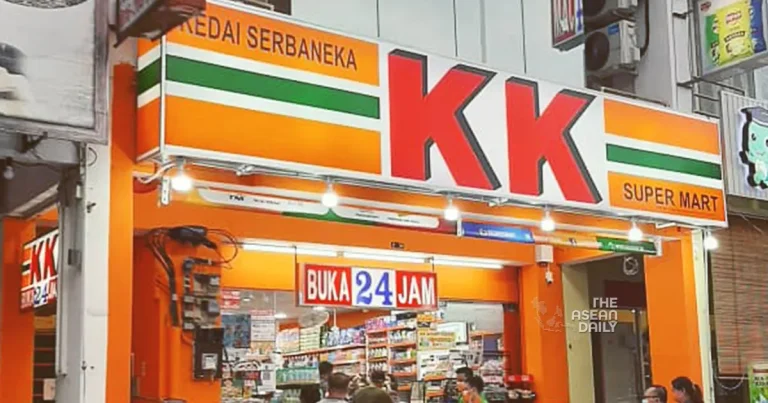18-2-2025 (KUALA LUMPUR) In a significant development that has captured national attention, recent laboratory analysis has revealed that the controversial ham and cheese sandwiches at the centre of Malaysia’s halal certification dispute contained no traces of pork DNA, though the manufacturer still faces serious legal consequences for alleged misuse of the halal logo.
Minister for Domestic Trade and Cost of Living, Armizan Mohd Ali, confirmed on Sunday that the Chemistry Department’s findings, received on 20 January, definitively showed the absence of pork DNA in all tested sandwich samples. However, this revelation has not absolved the manufacturer, Shake and Bake Cafe Sdn Bhd, from legal proceedings.
The controversy erupted when the sandwiches, distributed at two KK Mart outlets near Universiti Malaya, were found displaying the halal logo despite allegedly lacking proper Malaysian Halal Certification (SPHM). Under Malaysian regulations, even the term “ham” without proper qualification can be problematic, as halal-certified products typically specify “chicken ham” or “turkey ham” to avoid confusion.
In a legal development, the company’s director, Ewe Sarn Yeun, alongside the company itself, has entered not guilty pleas to multiple charges. The allegations centre around the distribution of 366 food items bearing an unauthorised halal logo, encompassing various sandwich varieties including tuna, potato, chicken, egg mayo, ham and cheese, and chilli crabstick.
The charges, filed under the Trade Descriptions Order 2011 and the Trademarks Act 2019, carry substantial penalties. If found guilty, the accused face potential fines of up to RM100,000 and imprisonment for up to three years under the Trade Descriptions Order. Additional penalties under the Trademarks Act could result in fines of RM10,000 per item for unauthorised use of the registered halal logo.
The case, which began with a student complaint on 10 January, has prompted swift action from authorities. Minister Armizan emphasised the quick response of his ministry, noting that enforcement officers initiated investigations immediately after the issue gained public attention. The ministry expedited various processes, including laboratory testing and consultation with the Department of Islamic Development (Jakim), Malaysia’s primary halal certification authority.
KK Mart has maintained that the sandwiches contained chicken ham, though this does not address the core issue of proper certification. The case, scheduled for further court mentions on 5 March, serves as a stark reminder of the stringent enforcement of halal certification regulations in Malaysia.
Minister Armizan concluded by urging businesses to strictly comply with halal certification requirements and encouraged public vigilance in reporting potential violations. T




